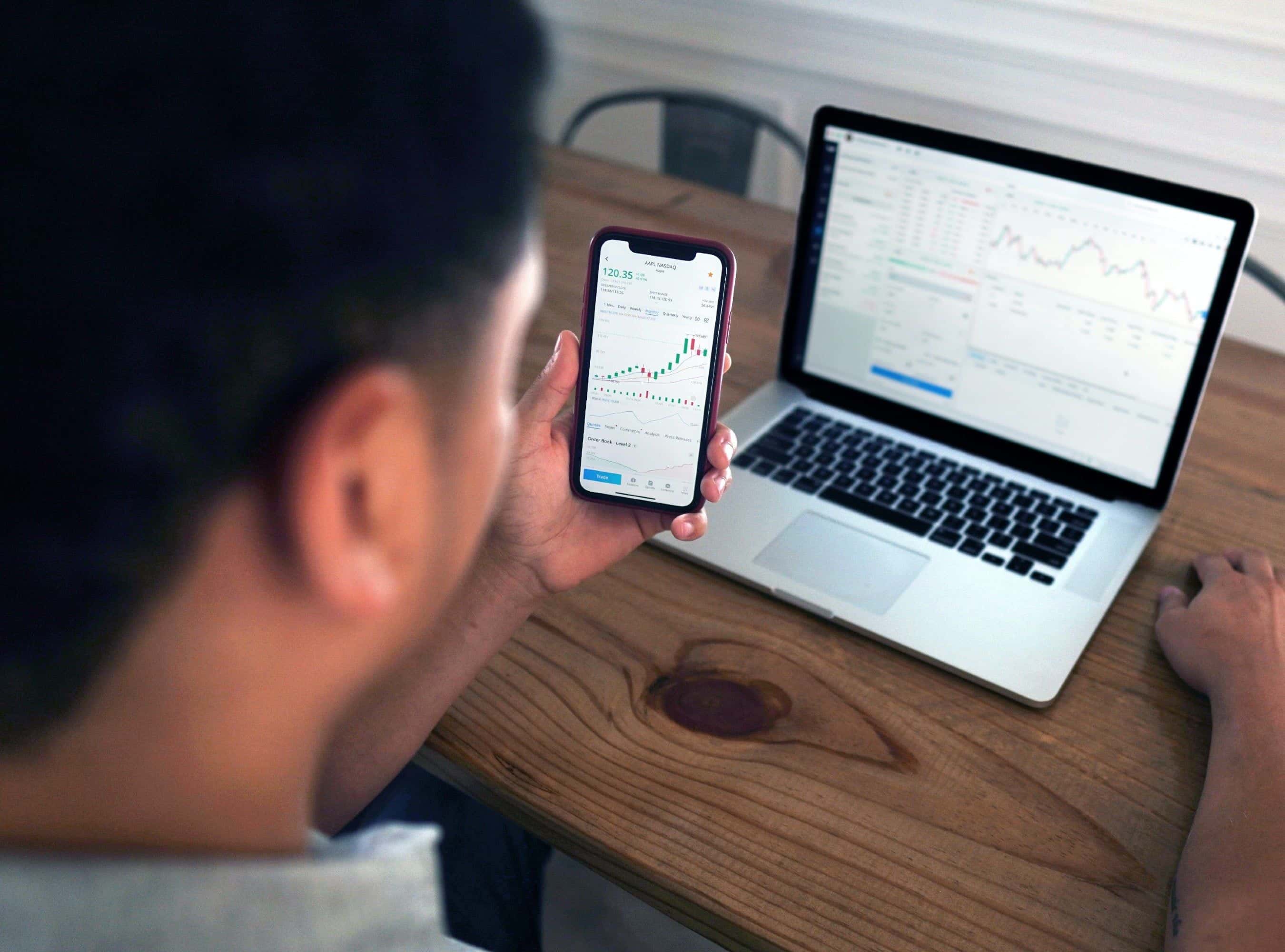FINRA Expert Allegedly Oversteps by Offering Legal Conclusions
Updated on
Court: United States District Court for the Southern District of FloridaJurisdiction: FederalCase Name: Remington v. Newbridge Sec. Corp.Citation: 2014 U.S. Dist. LEXIS 15867
In this financial dispute case, a FINRA expert’s testimony is challenged for allegedly lacking relevant experience and for making legal conclusions. These claims are disputed by the court for two reasons. First, the FINRA’s lack of direct experience in one sub-topic relevant in this case—handling fees—does not preclude his expertise in FINRA and SEC regulations as a whole. Second, since FINRA is a private organization, opining on its rules cannot constitute legal conclusions as FINRA rules are not law.
For experts, this case demonstrates how the court recognizes relevant experience in your field. Years of experience and proven skill in your industry will trump a lack of experience in minor areas as long as your testimony continues to assist the trier of fact.
Facts
The plaintiffs filed this lawsuit after allegedly being charged excessive fees by the securities broker-dealer defendant. The plaintiffs claimed the defendant breached their customer agreement by charging an unauthorized handling fee each time the defendant executed a trade on their behalf. Further, the plaintiffs asserted this fee was inordinately expensive for a handling fee and claimed it was actually a second unauthorized commission the defendant was charging to its customers. To support their case, the plaintiffs retained a FINRA expert witness.
The Plaintiffs’ FINRA Expert Witness
The FINRA expert witness had nearly 35 years of experience as a director in the securities industry, including more than 20 years as a commissioner. During his 18 years at FINRA, the expert worked across nearly all facets of the FINRA and SEC rules and regulations. In fact, the defendant’s FINRA expert testified that he had the highest regard for the plaintiff’s expert.
In his expert report, the plaintiff’s FINRA expert cited FINRA Rule 2430 which establishes an industry standard for all service charges levied by brokers to be reasonable. In response, the defendant claimed that the expert’s opinion that there is such an industry-standard limiting the amount of handling fees was not backed by any relevant expertise or evidence, other than his incorrect interpretation of FINRA Rule 2430. The defendant claimed that his opinion lacked the necessary factual basis and was, therefore, inadmissible.
The defendant further argued that the expert did not have any relevant experience because he had not directly handled FINRA enforcement actions focused on improper handling claims. The defendant claimed the expert’s opinion regarding Rule 2430 was inadmissible because it represented a legal conclusion. The defendant suggested the expert’s testimony about the FINRA rule was an unauthorized opinion on the statutory duties of a securities broker-dealer.
Discussion
The court noted that the FINRA expert witness was qualified to appear as an expert witness and his background provided a reliable basis for his proposed testimony. The court did not treat the expert’s lack of involvement in the management of handling fees as having an impact on the sufficiency of his skills. An expert can testify to limited sub-topics within their broader competence, notwithstanding the lack of specific experience with the more general field, as long as the testimony continues to assist the trier of fact, citing Whelan v. Royal Caribbean Cruises, Ltd.
The court disagreed with the defendant that there was no justification for the expert’s opinion on Rule 2430 because he had provided ample support for his conclusion, with clarification from FINRA itself on the implementation of the law. Because FINRA rules form the basis for expert testimony on industry standards, the court rejected the defendant’s contention that the expert’s opinion on existing industry standards for handling fees was utterly unfounded. Furthermore, the court noted, the regulations of the FINRA are not law, but rather the rules of a private organization, and therefore their interpretation did not encroach upon the court’s domain to instruct the jury about the applicable law.
Ruling
The FINRA expert witness’s testimony was held to be admissible.
Key Takeaways for Experts
This case shows how opposing counsel may try to discredit your credibility, however, it is ultimately up to the court to determine whether or not your CV qualifies your expert status.
About the author
Zach Barreto
Zach Barreto is a distinguished professional in the legal industry, currently serving as the Senior Vice President of Research at the Expert Institute. With a deep understanding of a broad range of legal practice areas, Zach's expertise encompasses personal injury, medical malpractice, mass torts, defective products, and many other sectors. His skills are particularly evident in handling complex litigation matters, including high-profile cases like the Opioids litigation, NFL Concussion Litigation, California Wildfires, 3M earplugs, Elmiron, Transvaginal Mesh, NFL Concussion Litigation, Roundup, Camp Lejeune, Hernia Mesh, IVC filters, Paraquat, Paragard, Talcum Powder, Zantac, and many others.
Under his leadership, the Expert Institute’s research team has expanded impressively from a single member to a robust team of 100 professionals over the last decade. This growth reflects his ability to navigate the intricate and demanding landscape of legal research and expert recruitment effectively. Zach has been instrumental in working on nationally significant litigation matters, including cases involving pharmaceuticals, medical devices, toxic chemical exposure, and wrongful death, among others.
At the Expert Institute, Zach is responsible for managing all aspects of the research department and developing strategic institutional relationships. He plays a key role in equipping attorneys for success through expert consulting, case management, strategic research, and expert due diligence provided by the Institute’s cloud-based legal services platform, Expert iQ.
Educationally, Zach holds a Bachelor's degree in Political Science and European History from Vanderbilt University.
Subscribe to our newsletter
Join our newsletter to stay up to date on legal news, insights and product updates from Expert Institute.
Sign up nowFind an expert witness near you
What State is your case in?
Subscribe to our newsletter
Join our newsletter to stay up to date on legal news, insights and product updates from Expert Institute.



